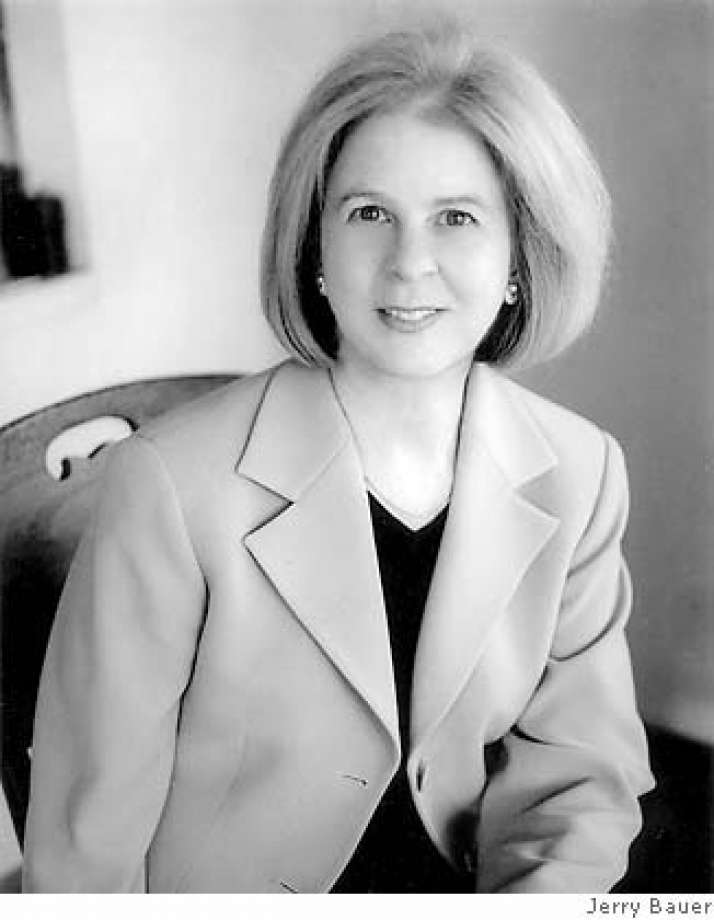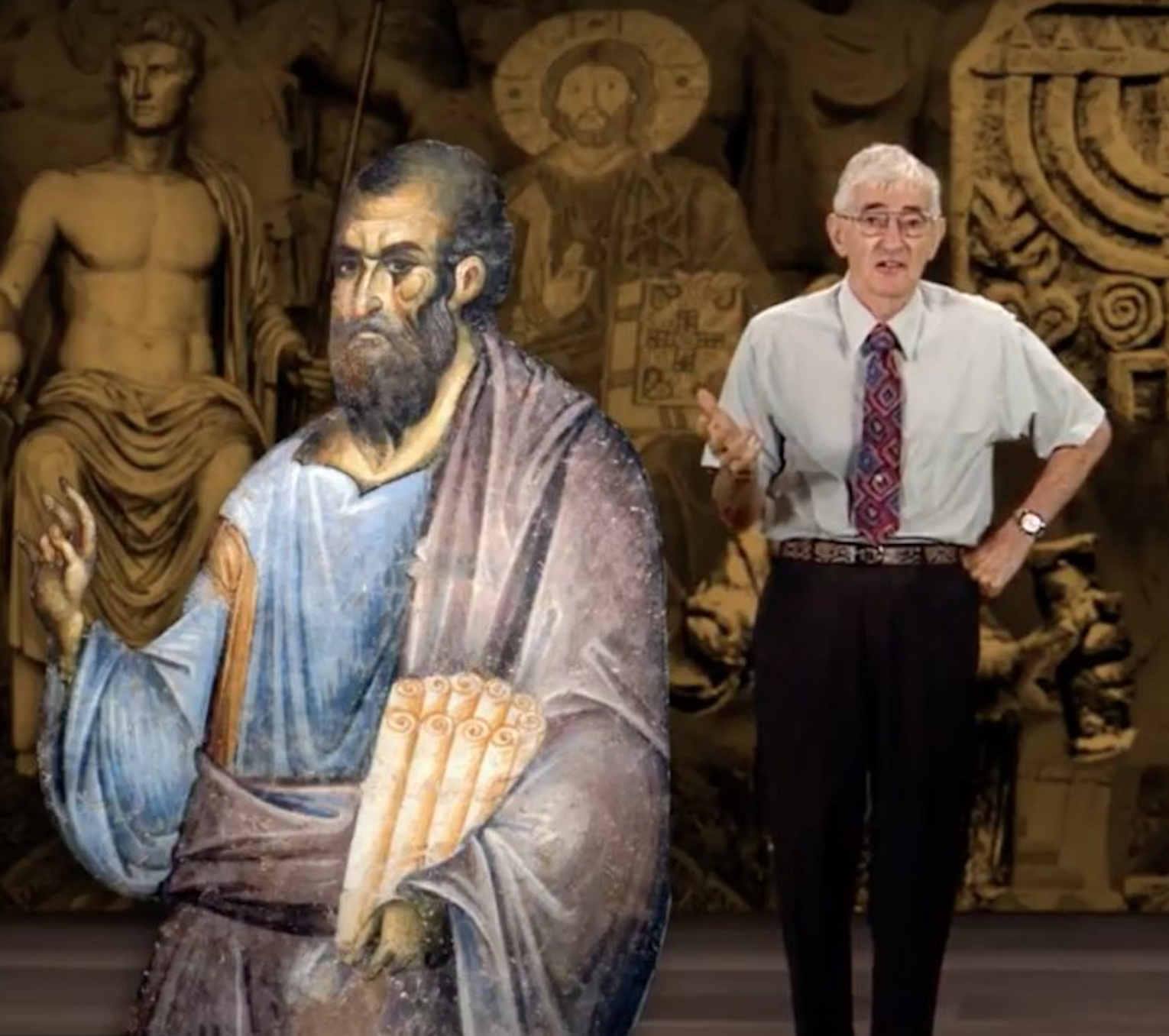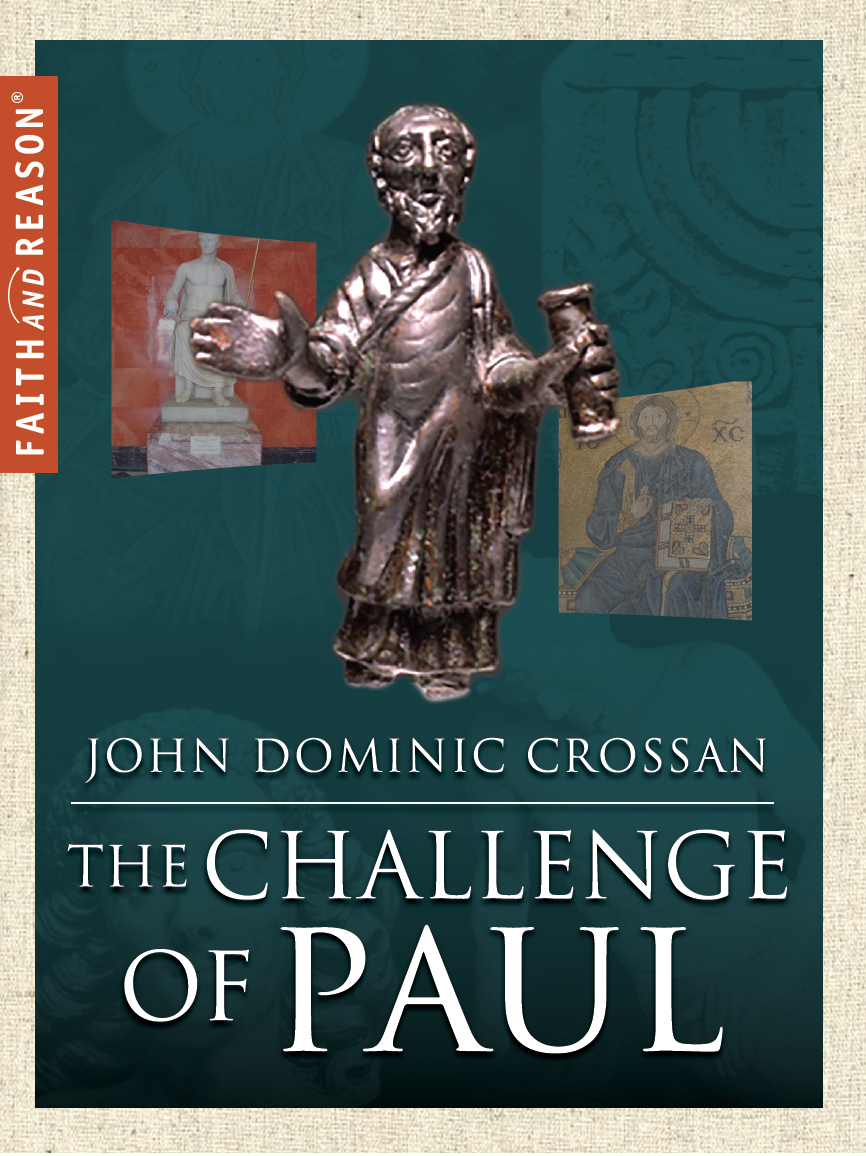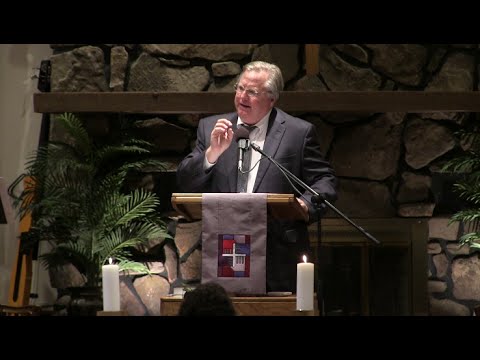For some time now, Progressive Christians have distinguished themselves from Fundamentalists and Evangelicals by ignoring gender differences, rejecting Biblical literalism and emphasizing the importance of Jesus’ vision for a “kingdom of God on earth.” But the primitive belief that propitiation can be attained through substitutionary atonement still lives on in most Progressive Churches.
Like Jesus, Paul was a radical egalitarian. He was also, it turns out, a first century feminist. In all the churches he helped found and nurture, he insisted on gender equality.
For Paul, baptism is the pre-condition for equality. Simply put, when we are baptized into Christ, there is no inequality. This is true for all relationships, both inside and outside the assembly. For Paul, this was a non-negotiable affirmation that he expected his churches to adhere to.
Given the amount of criticism of Paul over the centuries, if we can try to understand Paul in light of his authentic letters (the seven letters he, in fact, actually wrote), we soon discover that the radical Paul (the Paul of his authentic letters: Romans, 1 and 2 Corinthians, Galatians, Philippians, 1 Thessalonians, and Philemon) had a lot in common with the radical Jesus (the Jesus of history). Stated more accurately, the Jesus we learn of in the gospel stories had a lot in common with Paul.
Christianity before Paul. In order to explore the question of Paul distorting the message of Jesus, we need to ask the question, What was Christianity like before Paul, which would be in the early decades after Jesus' death? Paul wrote his letters from approximately 51-62 CE (Common Era). Therefore, in the thirties and forties CE, what was the Jesus movement like?
Paul learned from his encounter what it means to be a human being. He was shocked and deeply disturbed when he came to understand the limitations and weaknesses of his human nature. His sense of moral superiority was expunged from his consciousness.
Paul and Jesus. The life, mission, and writings of the Apostle Paul loom large over the Christian Church. Whatever our personal opinion of Paul, after Jesus, he remains the major personality in the growth and shaping of the early church. His contribution to Christianity is immeasurable by virtually any standard.
In Romans 7:15, the Apostle Paul wrote, "For that which I do, I allow not: for what I would, that I do not; but what I hate, that do I." Many people have pondered over these verses, but everyone who has tried to break a bad habit knows exactly what he's talking about. There seems to be a part of us that knows what we should do, but that part just gets swept away when making decisions in our everyday lives. Why do these contradictions exist within ourselves? The psychology of Carl G. Jung provides some answers.
I feel like we are being strangled, the life choked from us – disbelief, sorrow, fear, rage. Violence in the streets, jails, and cages at our border, targeting black and brown men, women, and children; a virus stalking us all, turning familiar comforts into threats.
Some people are highly devotional because it is scary having one's paradigm shattered. This is to be exposed to the chaos of one’s own mind (the devil!). It is much easier to cling to the established artifacts of one’s own thinking then to fall into the pit of chaos. Most people would rather die than admit that the belief system/paradigm that they have carried most or all their life is wrong in spite of proof of error time and time again.
You may have sung this morning’s hymns and heard the gospel reading and wondered “Is this make-believe?” Perhaps you’ve never entered this church before, let alone attended on an Easter morning. You’re home for the weekend with your family or boyfriend or girlfriend or you’re here alone. Are you’re sitting here struggling over some of the details of the resurrection story that leave you perplexed, cynical or simply scratching your head. These are claims made by the apostle Paul and others who struggle to convey an experience of possibilities that cannot be fully expressed in words.
When John accuses "evildoers" of leading gullible people into sin, what troubles him is what troubled the Essenes: whether—or how much—to accommodate pagan culture.
Jesus is not some sort of cosmic bargain with a demanding, jealous, elsewhere god, sacrificing himself so that we can live happily ever after! Jesus of Nazareth was fully human. The Christ is the experiece of Jesus his followers encountered after his death. The Cosmic Christ is neither human nor divine, but rather a gateway into the MYSTERY’s presence among us. Our BRUNCHtalks continue to explore what it means to be Progressive in approach: Christ-like in action.
By Peter Laarman for Religion Dispatches
Crossan follows 201o’s “The Challenge of Jesus” with the newly released “The Challenge of Paul,” available free of charge to up to 1,000 congregations, colleges, or seminaries. Intrigued by the idea of bringing high-end critical pedagogy to the people, I asked Crossan how his passion for biblical studies led him to want to engage with laypeople – and what that experience has been like.
Paul is one of Christianity’s most impactful, yet most debated and misunderstood figures. In “The Challenge of Paul,” John Dominic Crossan gives us the benefit of his lifelong search for the Paul of history to create a new understanding that sheds new light on Paul and why he is more relevant than ever today.
I hear people quote 2 Timothy 3.16* as their way to “prove” the Bible is historically accurate and should be obeyed in every way. With all the violence and out-dated rules in the Bible, this interpretation seems hard to justify. Is there another way to read this?
Watch what happens to most of the D&D when the theistic god of yesterday is promoted to encompass the entire universe. One can no longer think about a small Master Puppeteer but more in terms of a force that some call Creation or Ground of All Being. This force has no gender, sexuality, children, color, or religion. It’s simply there, everywhere, creating.
Accepting that the world has a beginning and an end leads to a dismissive view of poverty, pollution, warfare, and social classes. While everyone certainly has a right to their personal beliefs about life after death, Muslims, Christians, and Jews must focus on the life that we know and to root our faith in what we can see in front of us. The early church was so confident that Jesus was coming back soon that they ignored many important matters of ethics. We cannot afford to make that mistake.
This is an excerpt from a book Jim Burklo is writing this summer: MINDFUL CHRISTIANITY. The research he's doing for this project has taken him deep into the history of Christian spirituality. According to Jim: "The more I learn, the more I have to learn!"
People accuse each other of cherry picking sacred texts, as if the term was an insult. But for those seeking to honor the quest of the Bible writers or to raise healthy children within a Christian tradition, that is precisely the right approach.
Hebrew Scripture’s View of Life after Death It wasn’t until after the Babylonian Exile that the Pharisees accepted the idea of heaven and
The idea of a second coming of Christ is a mystery, if not explicitly controversial. Jesus’ followers apparently believed he would return during their lifetime after he was crucified. When that didn’t happen, later followers gradually changed the belief into an indefinite “someday.” After two thousand years of waiting, most Christians no longer look for it to happen in their lifetimes and acknowledge that Jesus may have been speaking metaphorically about his return. It is just as likely that those words were put into Jesus’ mouth by the gospel writers themselves. Wishful thinking?
One of the most reliable facts concerning Jesus is that he was crucified during the reign and by the action of the Roman procurator, Pontius Pilate, who served by appointment of the Caesar from 26-36 CE. The Roman senator and historian Tacitus referred to Jesus’ execution by Pilate in his Annals, which was written circa 116 CE. Beyond that, however, there is not much historical evidence.
We all belong. We are each one a part of the Temple of God. Paul wants the church at Corinth to recognize that they all belong to one another, and that it is foolish to divide and polarize around certain leaders. Paul argues that there is no place in the church for petty jealousies and pride.
Covenant is firmly established in Christian theology, but among mainstream denominations Methodism gives it particular emphasis. Dating from the time of John Wesley and adapted from seventeenth century Puritan ideology, the annual covenant service is an established part of Methodist tradition. In some quarters it has been welcomed as part of Methodism’s distinctive contribution to the World Church. Grounded in both the Old and New Testaments, covenant theology is surely beyond reproach. Or is it?
The sermon is based on a performance of the lectionary reading from Galatians and other central texts that tell the story of Paul in his own words: Galatians 1:1-17; 2Corinthians 12:1-12; and 1Cornthians 15:1-11 with short quotes from other letters as well. As this Early Christian practice was supposed to be unscripted and is mostly based on Paul's own words, there is no written version of the sermon on the website. You are invited to watch the video recording of the performance.
Genesis 4:1-16; Romans 2:1-24, 12:14-21; Mark 3:31-35. U.S. Secretary of State John Kerry has clearly stated that so far as the U.S. government is concerned, crimes against humanity were committed by the president of Syria and his agents....Is there a war?
































